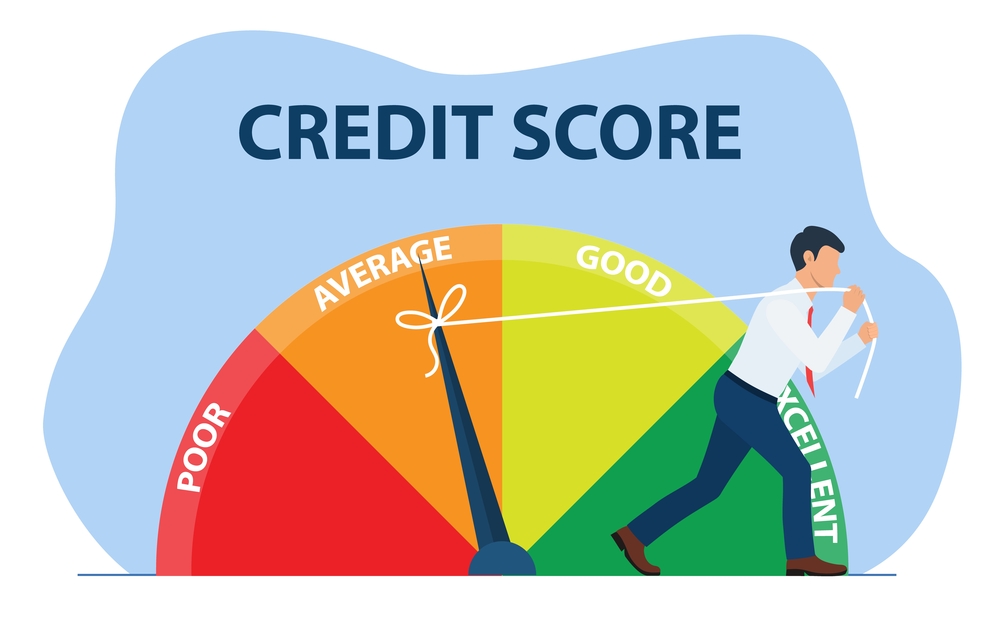
- Make a Shopping List: Plan your meals and create a list to avoid impulse buying and
ensure you only purchase what you need. - Use Coupons and Loyalty Programs: Take advantage of discounts and rewards from
coupons and store loyalty programs to save money on regular purchases. - Buy in Bulk: Purchase non-perishable items and household staples in larger quantities to
benefit from lower unit prices. - Shop Sales and Clearance Items: Look for sales, discounts, and clearance items to get the
best deals on groceries. - Compare Prices: Check prices at different stores, and consider using price comparison apps
to find the lowest prices on items. - Buy Store Brands: Opt for generic or store-brand products, which are often cheaper than
name brands but of comparable quality. - Limit Processed Foods: Processed and pre-packaged foods are typically more expensive
than fresh or whole foods. Prepare meals from scratch to save money. - Avoid Shopping When Hungry: Shopping on an empty stomach can lead to impulse buys
and unnecessary purchases. Eat before you go shopping. - Use a Meal Plan: Plan your meals around items on sale and seasonal produce to maximize
savings and reduce waste. - Reduce Food Waste: Store food properly, use leftovers creatively, and stick to portion sizes
to ensure you use everything you buy.








Leave a Reply